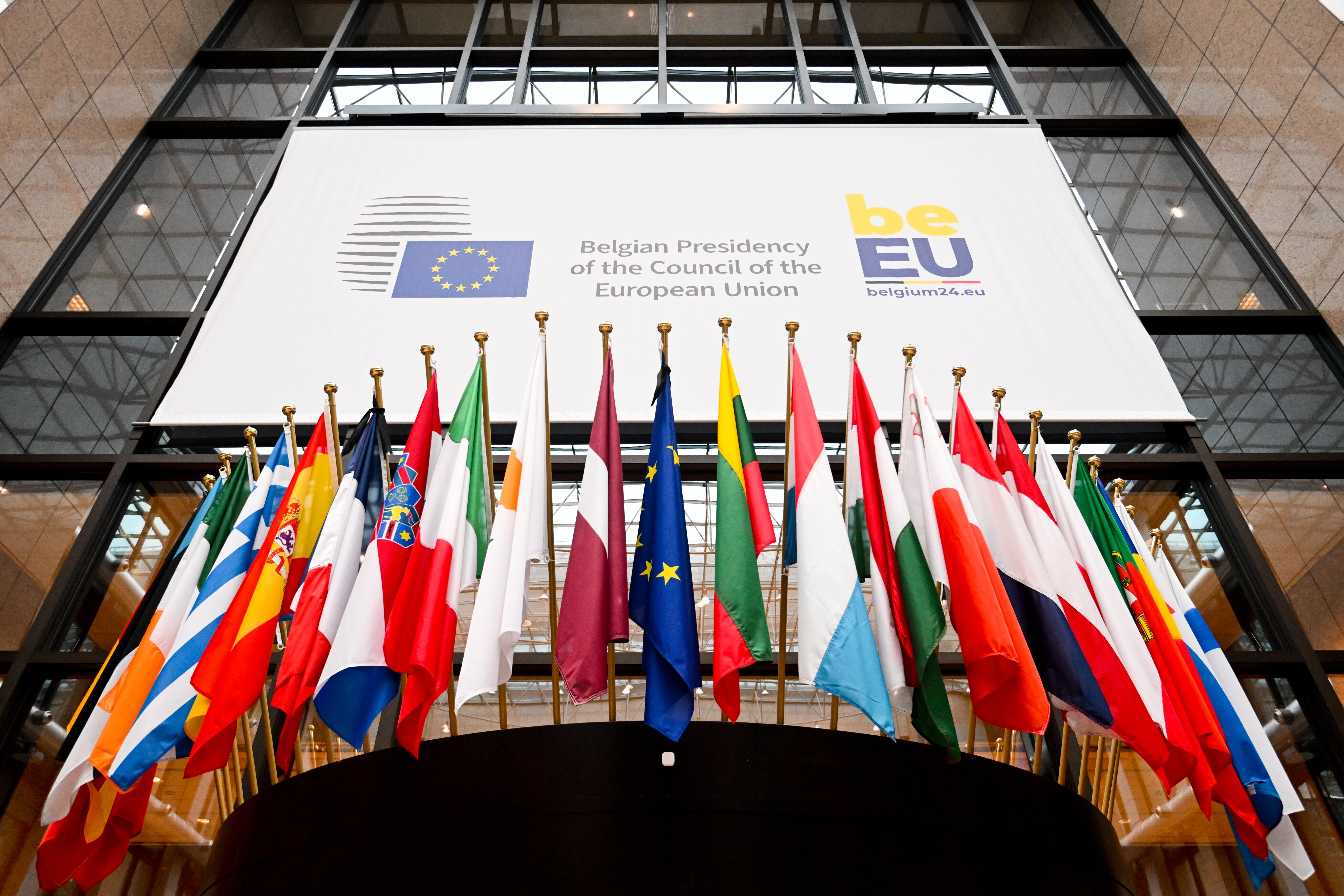
The Belgian Presidency intends to push on with the EU plan to slash the use and risk of pesticides despite its outright rejection by the European Parliament, according to a leaked proposed action plan seen by ARC. Natasha Foote reports from Brussels.
Background
The contentious sustainable use of pesticides regulation (SUR) proposal aims to slash the use and risk of pesticides in half by 2030, as set out in the EU’s flagship food policy, the Farm to Fork strategy.
But it seemed it was game over for the file after it was rejected outright by the European Parliament back in November 2023 without the possibility of being sent back to the Parliament’s environment committee – who led work on the file – for a rehashing.
While not unheard of, the move is exceedingly rare and immediately left stakeholders wondering whether this means the file is dead in the water.
“Tentative strategy”
But it seems that the Belgian Presidency – which inherited the file after the Spanish Presidency failed to rally enough support for a general position – is still holding out hope for the SUR, according to a leaked paper ahead of a meeting of the working party on plants and plant health on 24 January.
The paper, seen by ARC, outlines a “tentative strategy” for the way forward on the file proposed by the Presidency in efforts to “finalise the SUR project”.
This involves using the compromise text drafted by the Spanish presidency as a basis for discussions, but working to improve the measures related to IPM implementation in order to “reduce the administrative load and improve the level-playing field”.
Meanwhile, the plan is to “maintain status quo” with the previous sustainable use of pesticides directive (SUD) on provisions related to sensitive areas and consider postponing discussions on sensitive areas until after “adequate indicator[s] have been developed”. This “may imply the SUD is maintained for these measures”, the paper reads.
There are also plans to include measures devoted to “improve the placing on the market of biocontrol tools”.
However, before presenting a concrete text proposal to the member states, the paper outlines the Belgian Presidency’s plans to gather member states’ opinions on the proposal at the meeting on 24 January.
This will be framed around 3 core questions, including:
- Whether member states agree with the strategy to go for a political agreement with the European Parliament in March with a status-quo on the indicators and on the sensitive areas;
- What could be improved to make this strategy work;
- How member states suggest to go further in the future, when better indicators are available, on the issues of indicators, reduction targets and sensitive areas
UnSURtain future
However, ministers were still far from seeing eye to eye at the end of the Spanish Presidency, with countries such as Italy and France continuing to voice concerns despite the proposed compromises.
Meanwhile, even in the case that ministers manage to rally enough support for a general position on the file, this will still need to win a greenlight from the Parliament.
As Parliament did not adopt a position on the file, the usual back-and-forth of inter-institutional ‘trilogues’ – negotiations between the two lawmakers and the European Commission – would then be skipped.
Instead, the Council’s text would then provide the basis for a second reading in the Parliament. Parliament would then have to reject or amend the Council’s position by an absolute majority of lawmakers – a step that seems relatively unlikely after its outright rejection of the file at the last vote.
More
Pesticides Proposal Rejected in Plenary, Next Steps a SUR-prise
Brussels News – GM-nos, Howling Wolves and the Many Missed Environmental Targets
Brussels Roundup – Stasis for Animals, Tightrope for new GMOs
To Regulate Or Not To Regulate – NGTs Remain Highly Controversial
Leak – No Live Export Ban to non-EU Countries in Animal Welfare Overhaul


